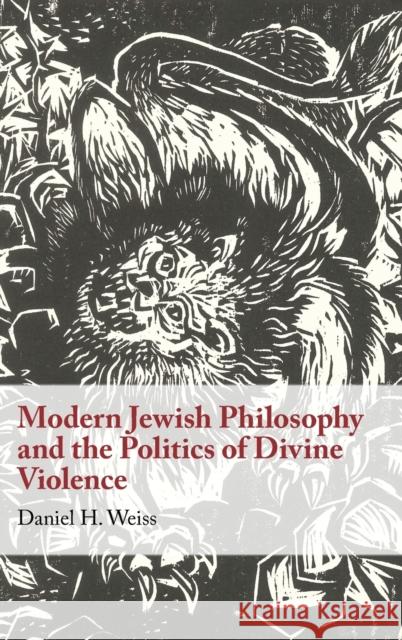Modern Jewish Philosophy and the Politics of Divine Violence » książka
topmenu
Modern Jewish Philosophy and the Politics of Divine Violence
ISBN-13: 9781009221658 / Angielski / Twarda / 2023
Modern Jewish Philosophy and the Politics of Divine Violence
ISBN-13: 9781009221658 / Angielski / Twarda / 2023
cena 366,74
(netto: 349,28 VAT: 5%)
Najniższa cena z 30 dni: 363,06
(netto: 349,28 VAT: 5%)
Najniższa cena z 30 dni: 363,06
Termin realizacji zamówienia:
ok. 22 dni roboczych.
ok. 22 dni roboczych.
Darmowa dostawa!
Uncovers connections between modern Jewish philosophers and classical rabbinic thought, arguing for rethinking of Judaism, politics, and violence.











